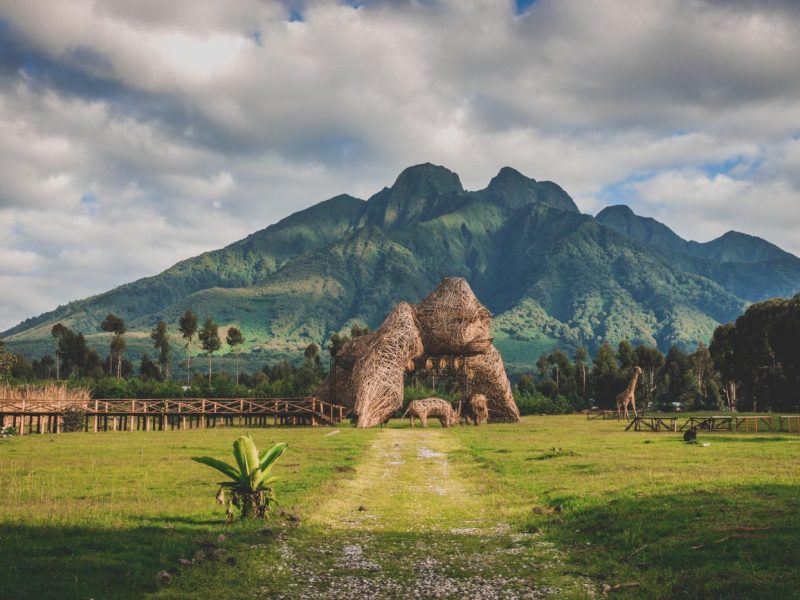Nyamirambo vs Nyarutarama: the Muzungu Dilemma
Muzungus in Kigali can be found just about everywhere. Once a rare sight, relegated to only a few predictable neighborhoods, they have managed to infiltrate their way into even the most far flung corners of the city. From Kicukiro to Kagugu, Gitega to Kimironko, they are everywhere.
Of course, some places are more densely populated than others (if you have ever been to Sole e Luna on quiz night or A.B.C. on a Saturday morning, you know what I’m talking about). A solid explanation for why muzungus choose to congregate in one place over another may never really be known, but here we try to get to the bottom of mysteries such as this.
It should come as no surprise that a large number of foreigners settle in the luxurious area of Nyarutarama. You need not be a Kigali regular to notice the lavishness and wealth present in this neighborhood. Home to a private tennis club, the country’s only golf course, and numerous opulent hotels and guesthouses, this part of town is the definition of new-money bourgeois.
Most appealing to the muzungu who likes to wear Sperry boat shoes, pop their collar, and brush elbows with other members of Kigali’s elite socio-economic status, the Nyaturama muzungu can easily pretend that they are back at home in the comfortable suburbs of New Jersey or Connecticut, or in a modern London or Tokyo flat. Only now, they have far more hired help and a vastly bigger living space.
While it may have been difficult to trade in your cramped New York City apartment for a Chinese-engineered mansion surrounded by fruit trees and exotic flowers, the team of house staff at your every disposal and large shiny Land Rover should help ease the adjustment.
Not that there is anything at all wrong with comfort — if you can afford it, why not? Let’s not pretend that we wouldn’t all like to live in a large, beautiful, comfortable house.
When all of your daily chores are taken care of for you, you can focus on bigger worries, like solving developing world’s problems, or selling European-designed telecommunications.
Most likely due to income and status, Nyarutarama also tends to attract older muzungus and those more seasoned ex-pats. Most muzungu families choose to nest in Nyarutarama or nearby and newly built-up Gaculiro and Kagugu.
When you are an expat with a family in Africa, you want to provide only the best: the most modern and sterile upbringing possible. Nyarutarama and its affluent residents epitomize Rwanda’s vision of a prosperous, contemporary, and distinctly affluent nation, one California-style mansion at a time.
On the other side of the coin, and far on the other side of town, exists a completely different universe: Nyamirambo. Due to its low rent prices, bustling streets, and unreliable running water and electricity, Nyamirambo attracts a much different crowd.
Generally, a younger, unrulier, and lower-income bunch, the foreigners who choose to live in Nyamirambo came to Rwanda looking for a truly “African” experience (or perhaps just for easier access to cheap beer). Rejecting the “new” Rwanda embodied by Nyaturama as a white-washed and characterless suburb, these muzungus pride themselves on their commitment to proletariat authenticity.
Popular among the volunteer crowd, Nyamirambo muzungus prefer this grittier, busier version of Rwanda. Those that choose to settle in this part of Kigali have no problem washing their own laundry by hand, shopping at Kimironko market, and taking bucket showers.
Because they have adjusted to a lifestyle so different from that they live back home, this group of ex-pats is more likely to find release in binge drinking and late-night shenanigans, activities that Nyamirambo caters to quite nicely.
What gives these two essentially polar-opposite places similar appeal? The short answer is that not all muzungus are the same. The longer answer is that these two enclaves of Kigali each offer very different versions of Rwanda. While the details in their reasons may differ, these two groups of muzungus can find common ground in their shared love of Rwanda.

